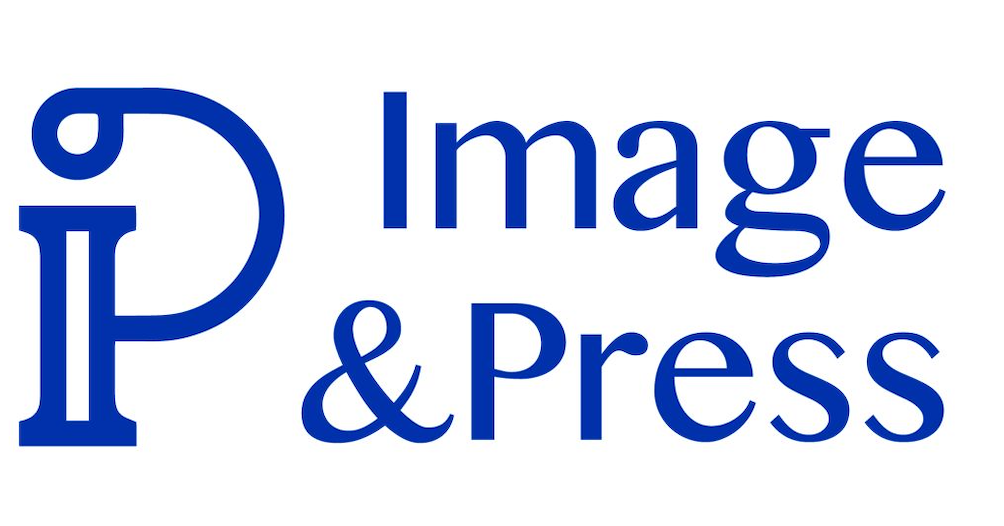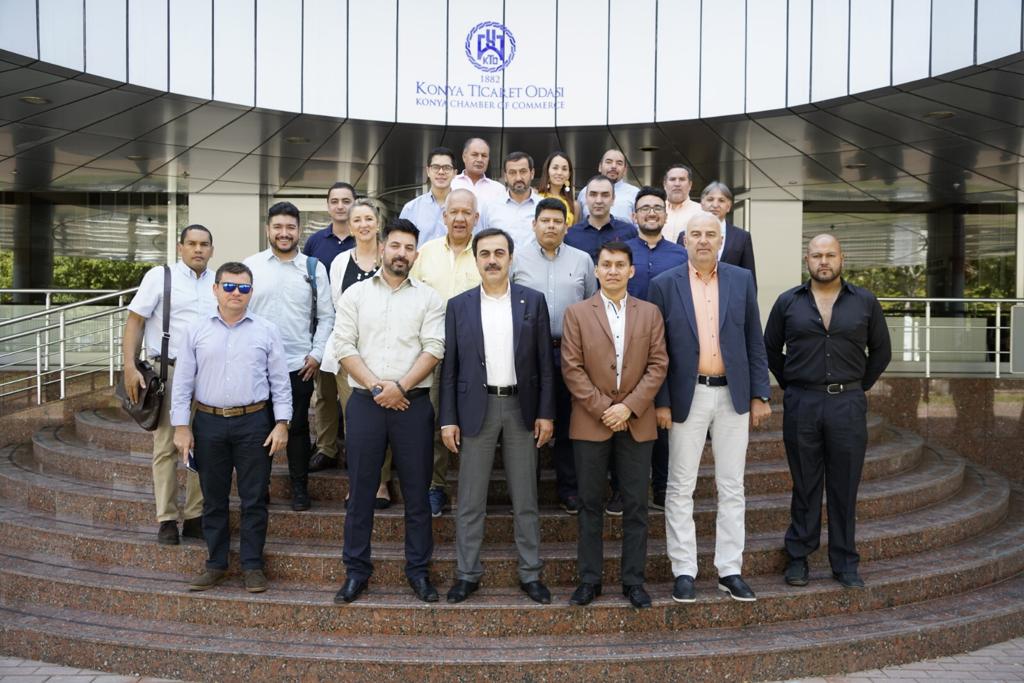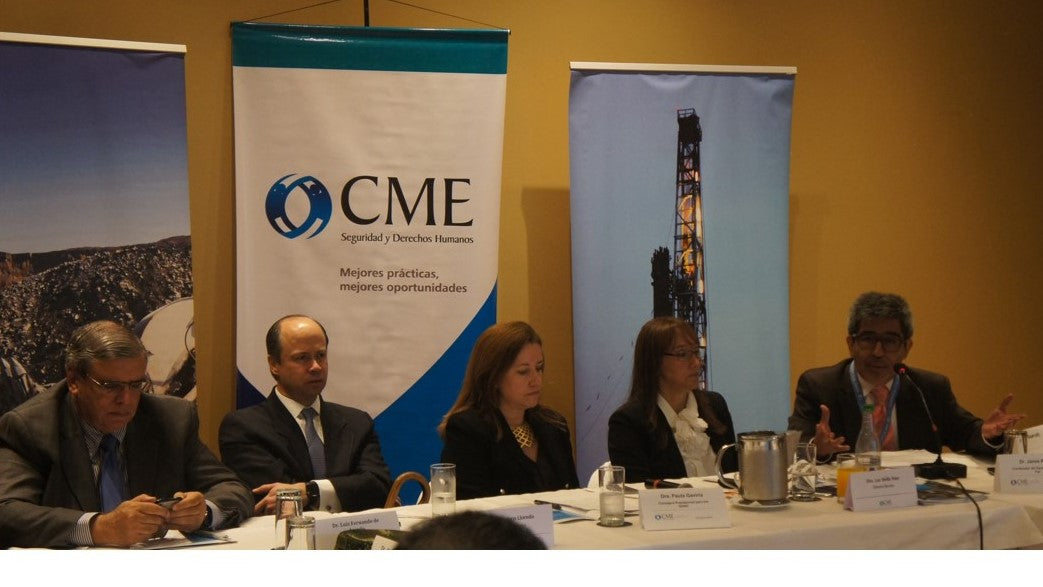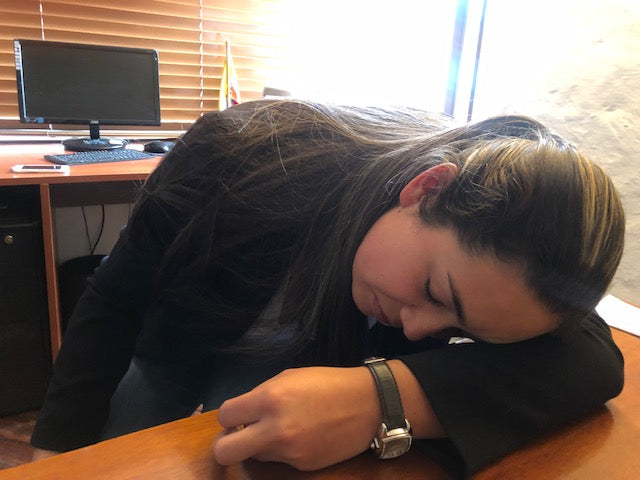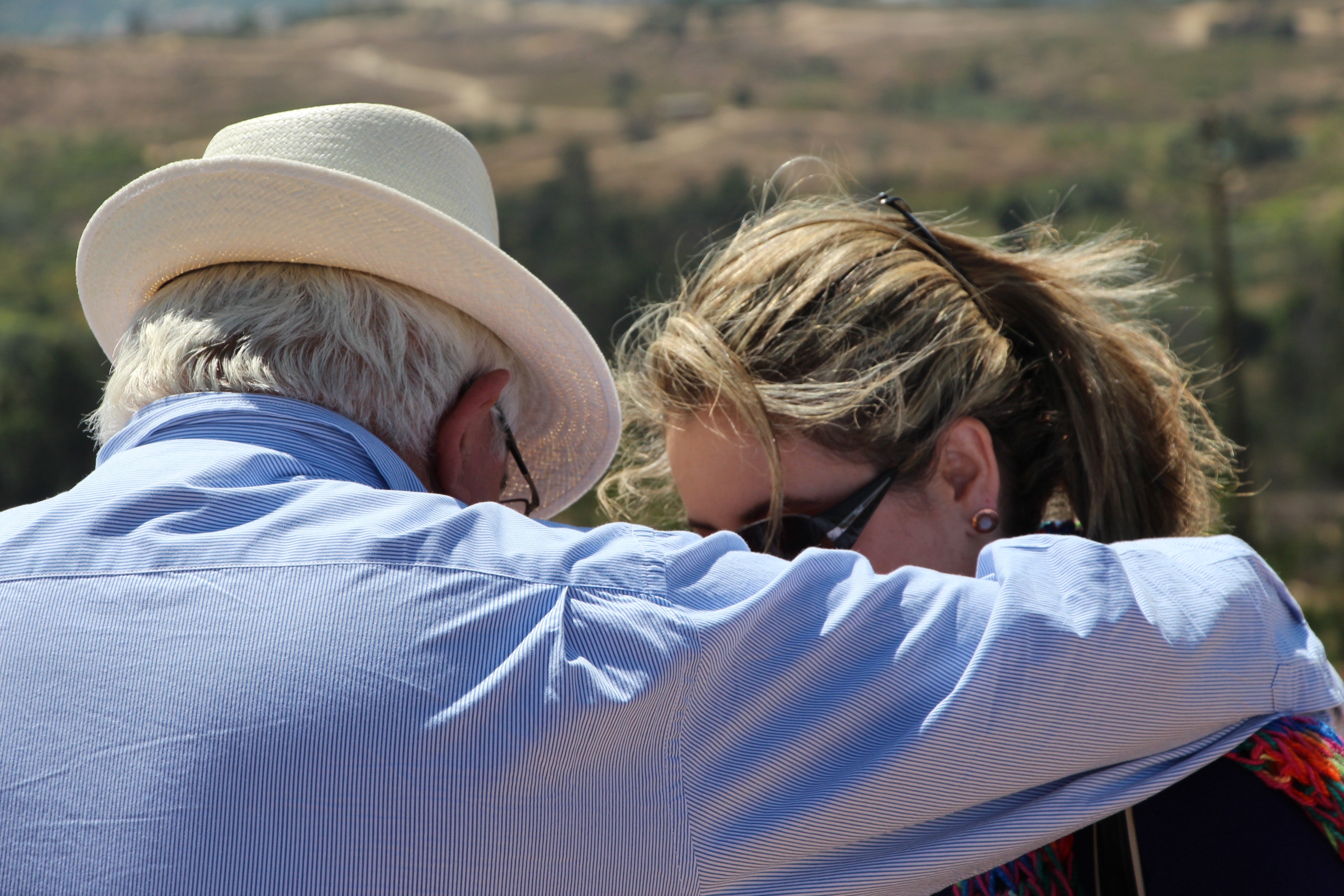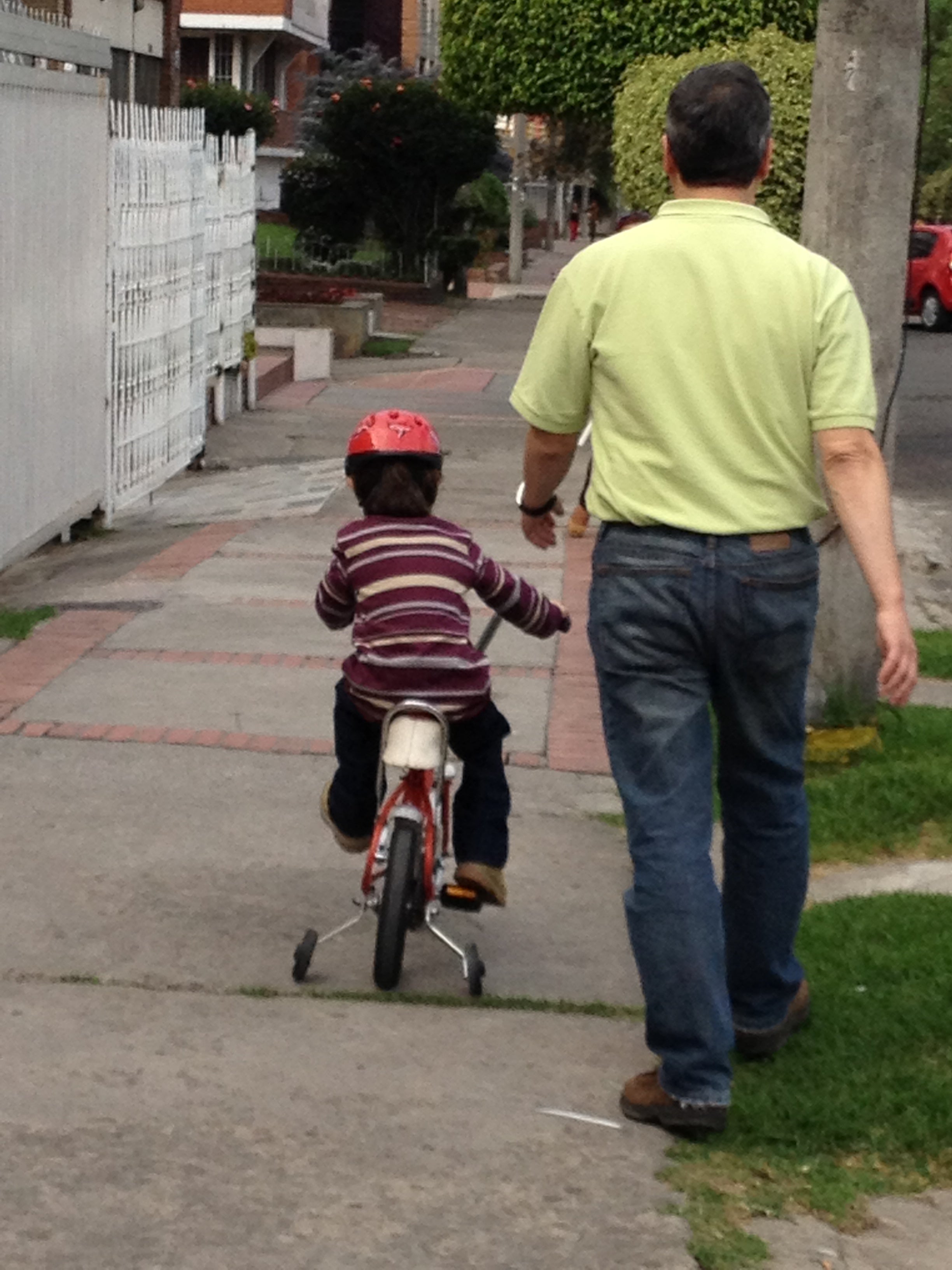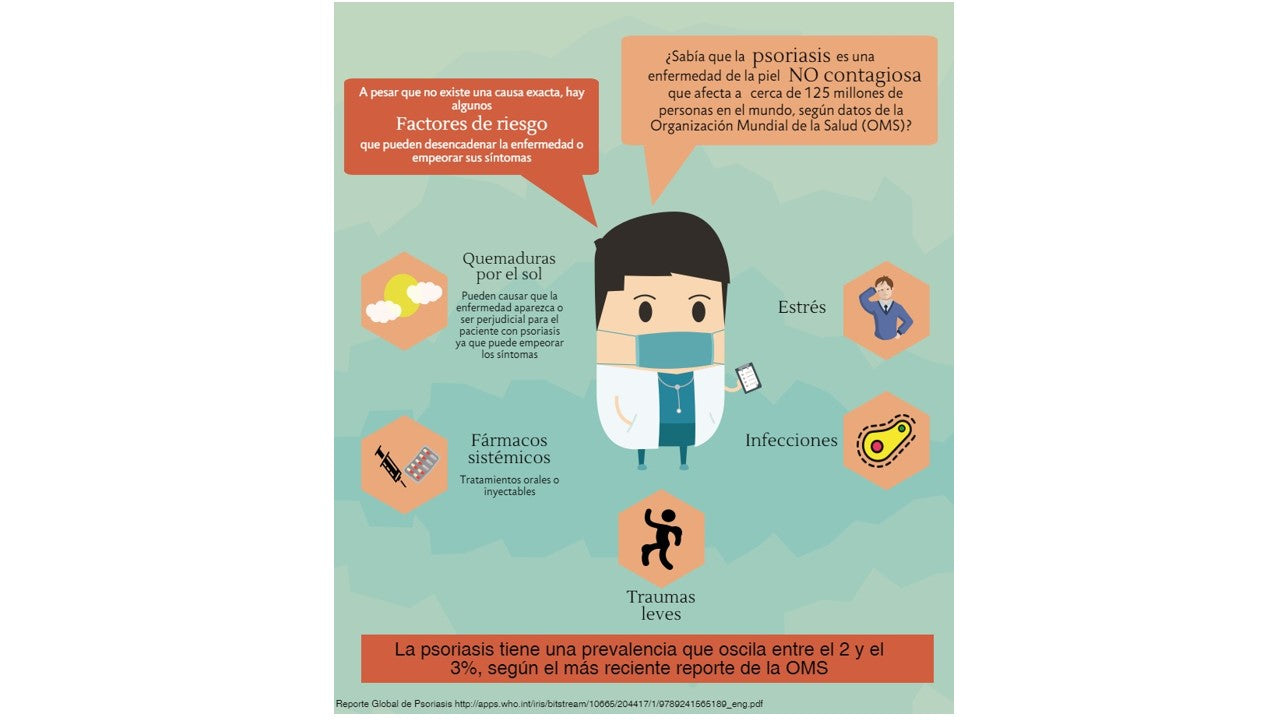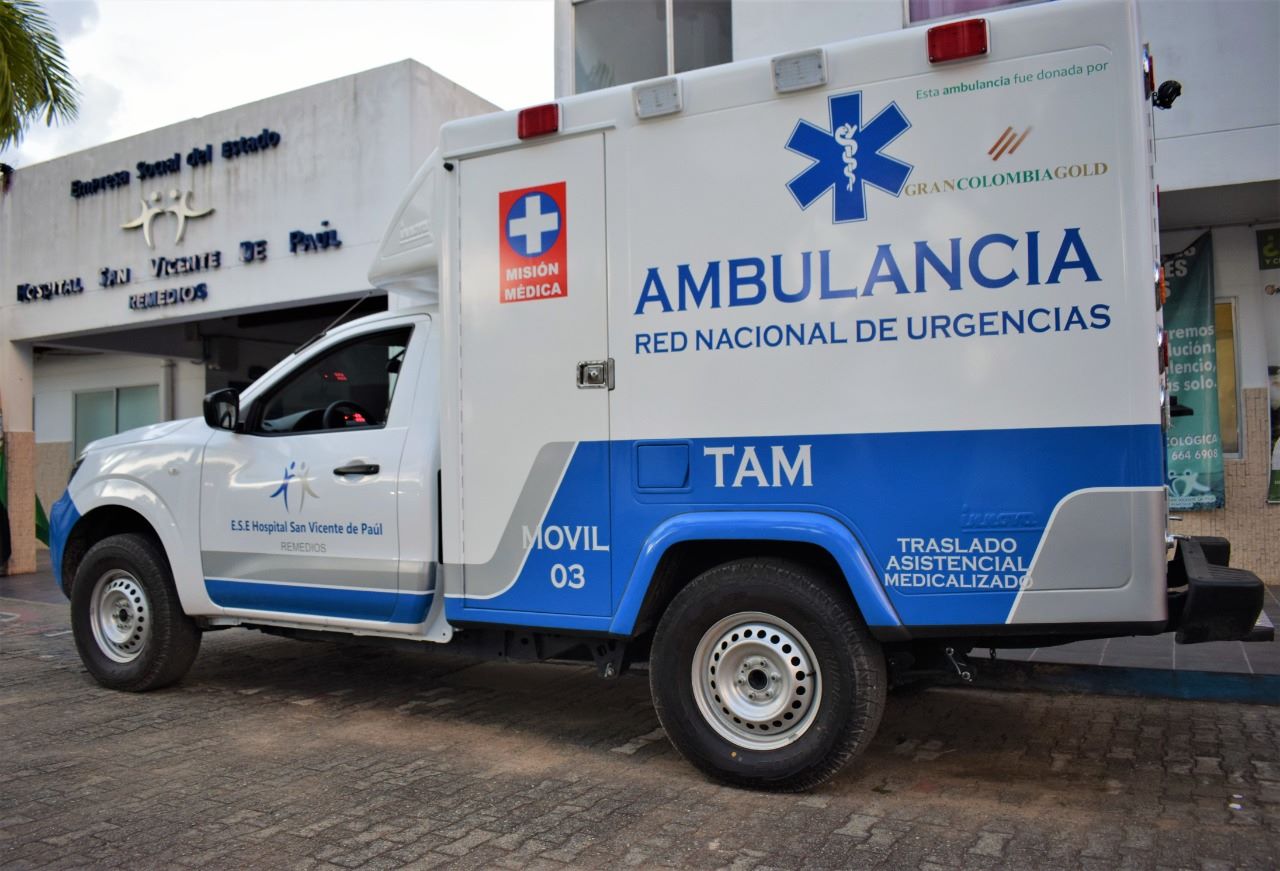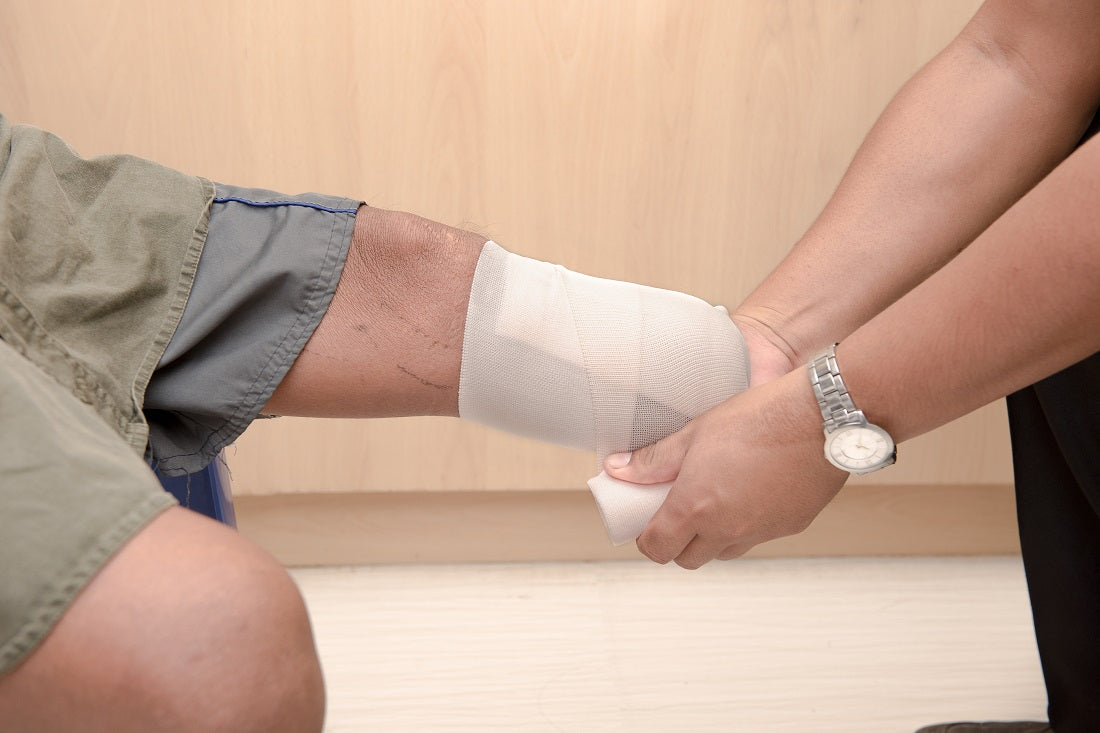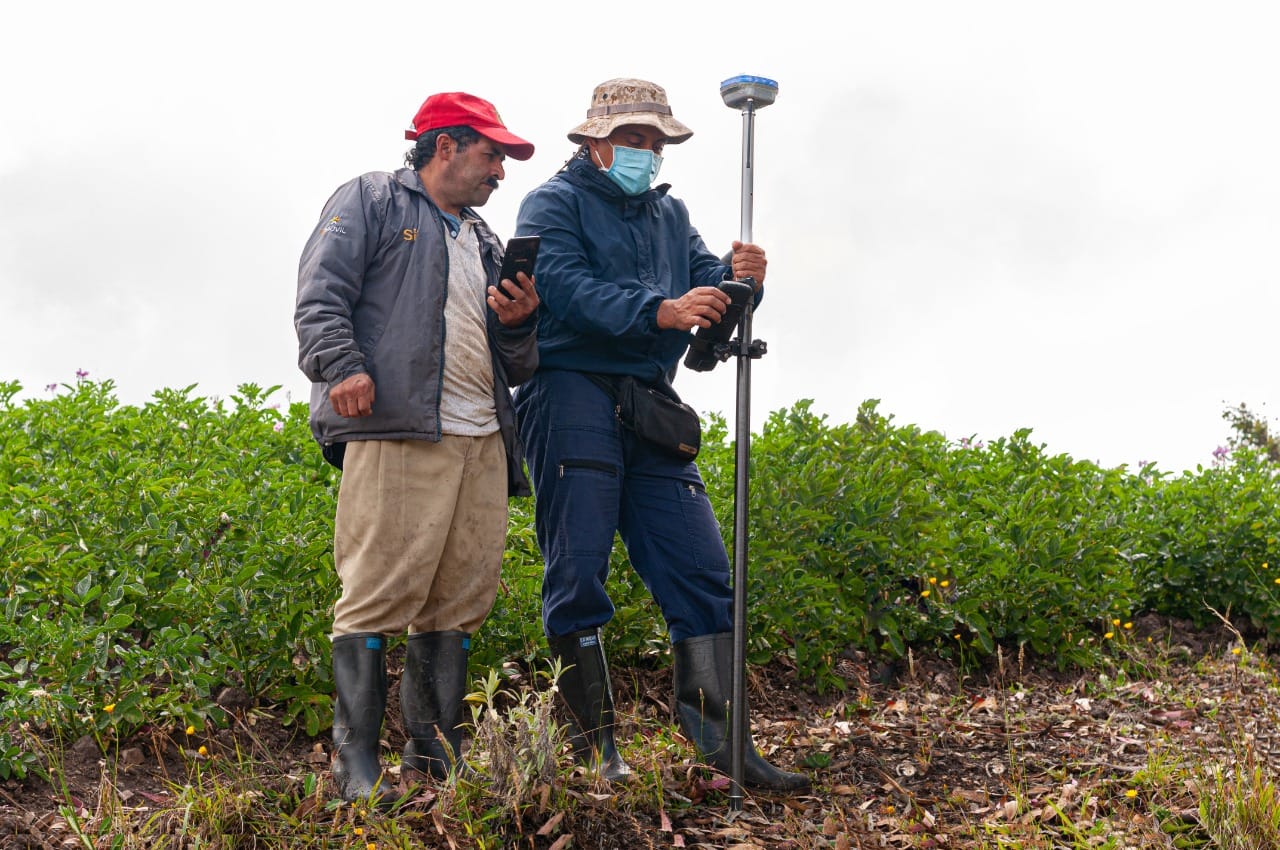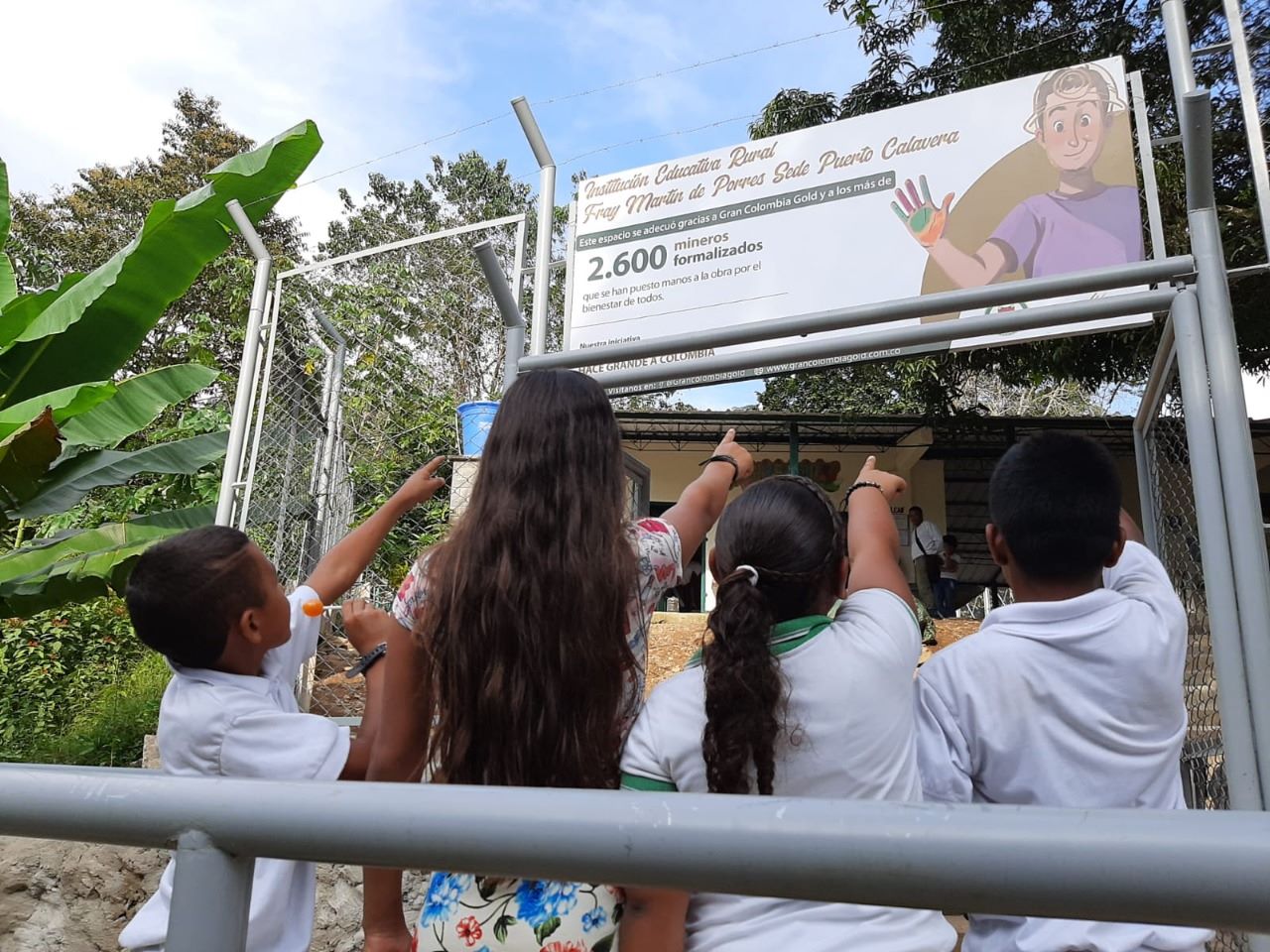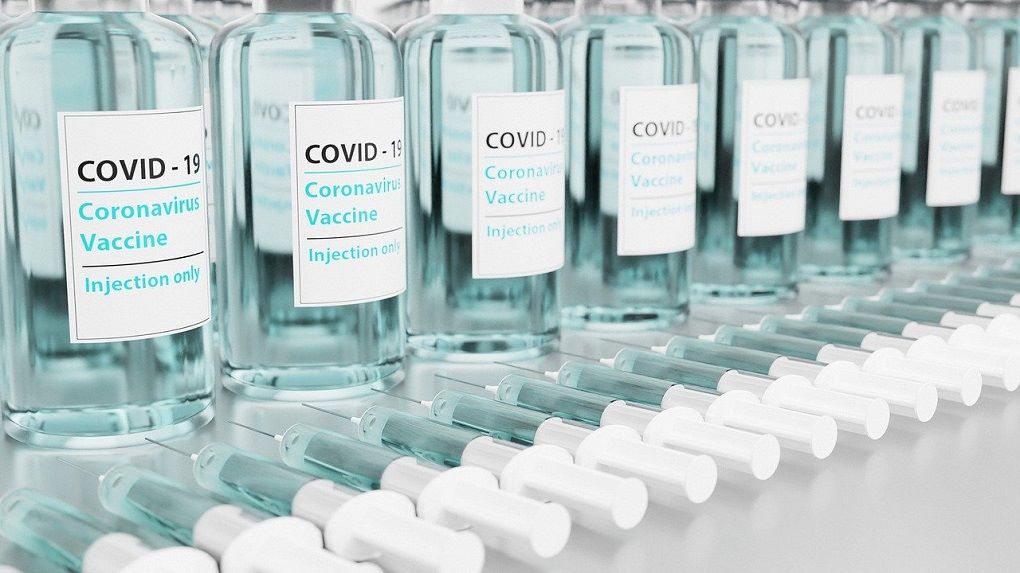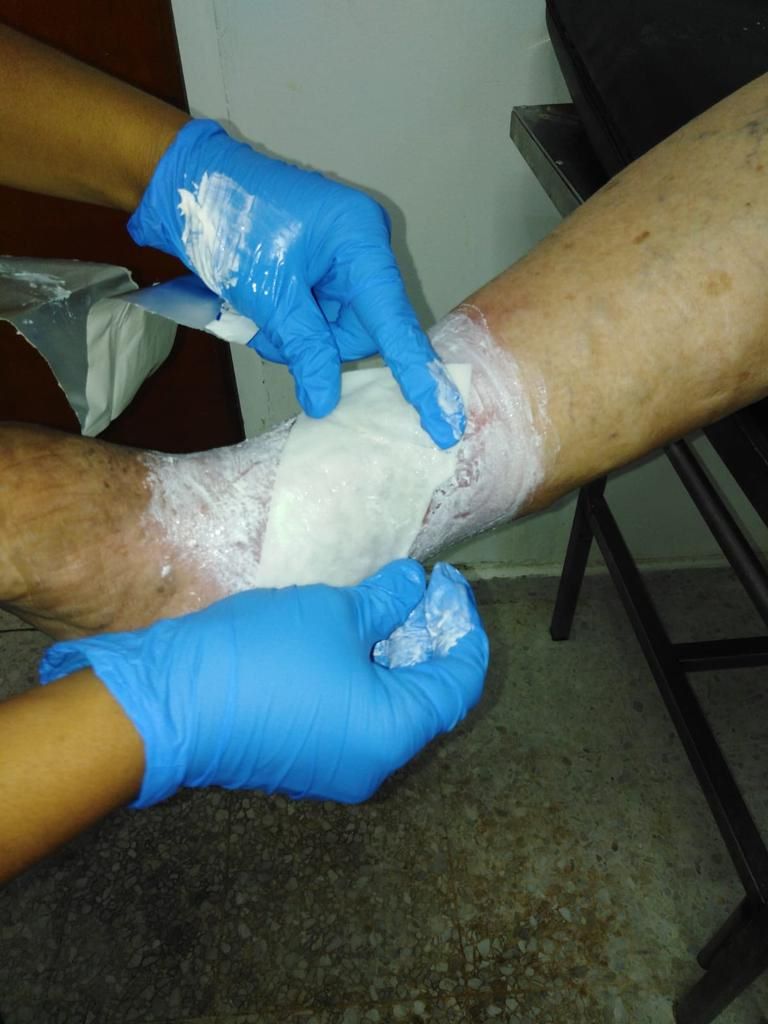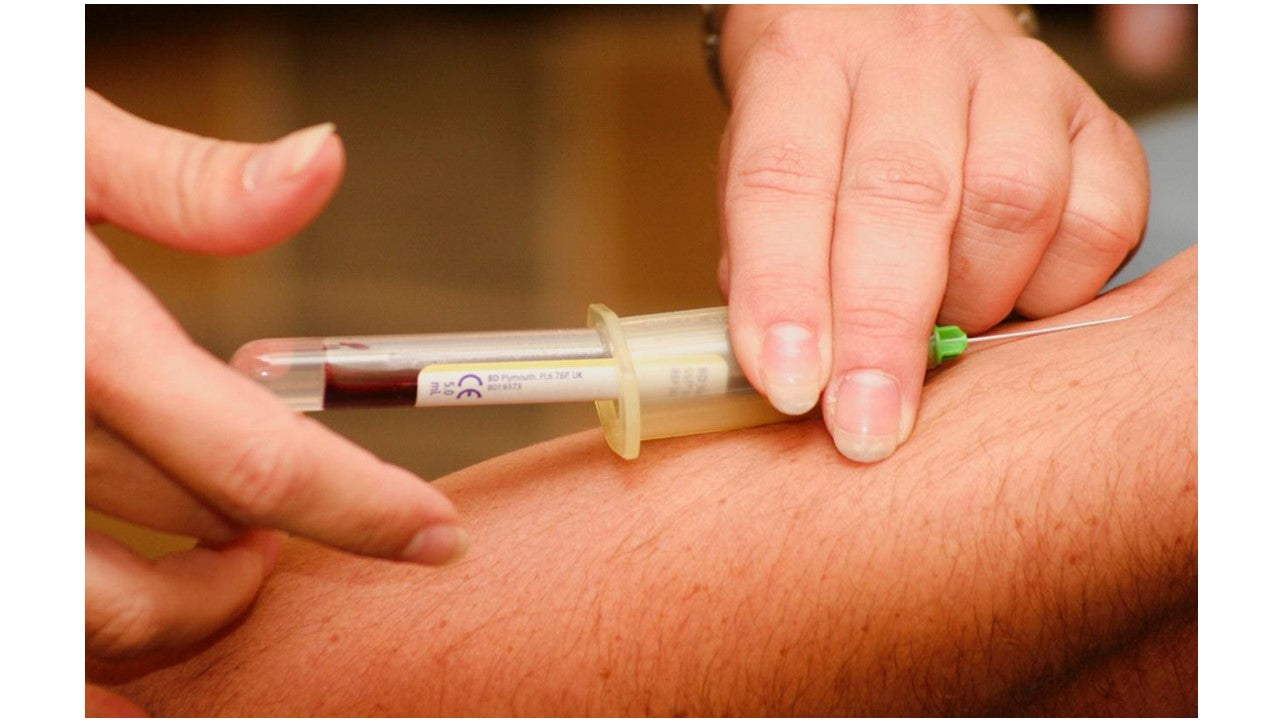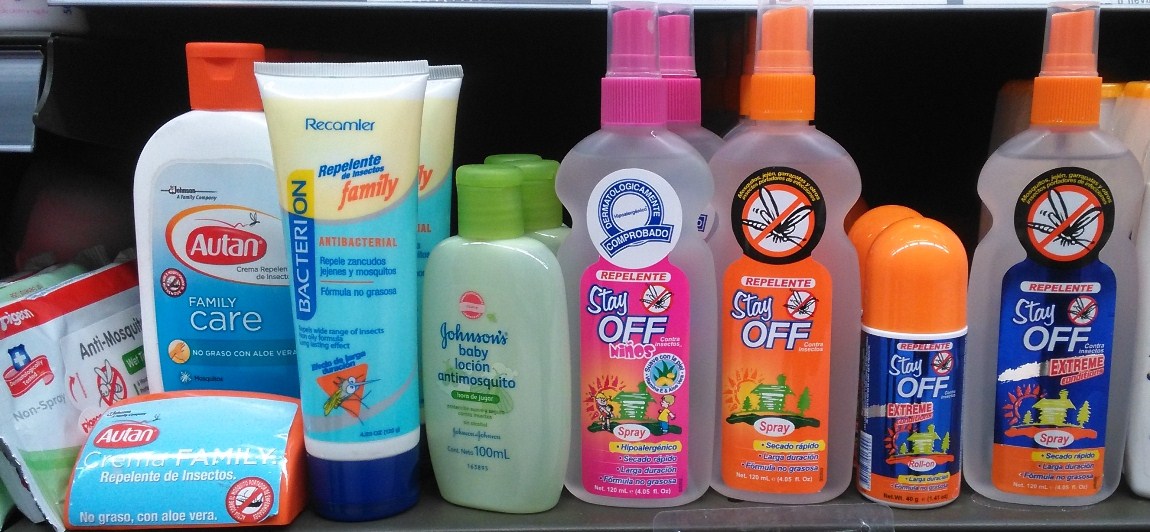
- 29 Apr 2023
Vaccines, their positive impact on humanity and the return to normality
Smallpox, rabies, tetanus, yellow fever, Polio, Measles, Rubella, Malaria, Mumps and COVID-19 are some of the diseases that have plagued humanity, especially children. The only solution has been eradication through vaccines.
Just two years ago, the entire world came to a standstill when it was surprised by the COVID-19 pandemic, which has claimed more than 6,500,000 deaths and 613 million patients affected so far. The only solution has been the global application of the complete vaccine scheme against this virus.
Thanks to this joint work, the vaccination against Coronavirus was able to reactivate the economy of all countries. Little by little we returned to normal life, and then to having the possibility of organizing meetings in open and closed environments, as well as massive events.
For this reason, this year we have been able to see again the return of festivals, concerts, sporting events such as the Pan American Games, Concachampions Caribbean Series, the Athletics World Cup, the U20 World Cup in Costa Rica, the Concacaf and Conmebol championships, and to close with a bang of gold the year with the next World Cup in Qatar.
A healthy 2022 World Cup, thanks to vaccines
The 2022 Soccer World Cup officially begins on November 20, the tournament organized by FIFA, which together with the Government of Qatar and the World Health Organization (WHO) created the project Healthy 2022 World Cup - Creating Legacy for Sport and Health (A healthy 2022 World Cup - creating a legacy for sport and health).
The joint activities seek to promote healthy living, health security and physical and mental well-being at the center of the most important event in world football. Recently, the Qatari government and the Organizing Committee of the Qatar 2022 World Cup announced that it will not be mandatory to have the vaccination scheme against COVID-19 and neither will it be mandatory to have a PCR or antigen test. The EHTERAZ health application will only be necessary if you enter a health establishment. However, it is recommended to maintain care measures to reduce the risk of infection. [1] .
Joint Vaccination Efforts Supported by GAVI
GAVI, the Vaccine Alliance, aims to improve access to vaccines in developing countries, especially for children. This alliance is made up of public and private entities, such as governments, the World Health Organization (WHO), Unicef, the World Bank, pharmaceutical companies, foundations such as Bill and Melinda Gates, who are founding members.
Countries furthest behind have made incredible progress lately thanks to the efforts of Gavi, WHO and UNICEF, including through the COVID-19 Vaccine Delivery Partnership, which was established earlier this year to provide support. specific to low-resource countries, among which are those in Africa.
This is vital, because the pandemic is not over. Protecting those most at risk reduces the chances of serious illness, hospitalization, and death, and ensures that health systems and health workers can also focus on other critical public health priorities.
Through COVAX, constant support has been provided in the preparation and delivery of vaccines since the beginning of the pandemic, and with the aim of strengthening health systems worldwide. Currently, the focus is on helping countries to increase coverage of older adults and establish booster programs targeting high-risk groups, while preparing for future scenarios.
Initially, the goal was to protect high-risk groups, based on an early understanding of epidemiology. The WHO considered 20% to be representative of healthcare workers, the elderly and other high-risk groups in each country. COVAX reached the 20% target, which corresponds to 950 million doses for AMC participants by early 2022.
This year, the goal has been to initially provide booster doses with 70% overall coverage. Through COVAX this purpose is being fulfilled, helping countries to introduce booster programs and target high-risk groups.
We must not let our guard down when applying vaccines
On the other hand, rumors are circulating in the media that the pandemic is over. However, thousands of cases of COVID-19 continue to be detected every day. To date, nearly 64 million patients have been registered in South America, with a peak in January this year for many countries, including Colombia with 700 daily cases on average.
It is still a reality that COVID-19 continues to affect and cause deaths. Nearly 6.5 million people around the world have lost their lives due to COVID-19. In Colombia, the number of confirmed deaths caused by the virus is 141,807.
As with all “public health emergencies of international concern” so far, except for the Zika virus, the global response to COVID has focused on vaccines. And with vaccination, the biggest impact during a pandemic lies in first protecting high-risk groups (those most likely to come into contact with a virus and the most vulnerable) and then increasing coverage to slow the spread of the virus. disease.
To give an example, in Colombia, during the mid-year holidays, there was a 44% increase in infections in just 14 days, the effect of the relaxation of sanitary measures for trips, parties and meetings that coincided with the arrival of the Omicron. That is why it is so important that vaccination as well as hand-washing and mask-wearing precautions continue to be observed in closed environments with many people.
With 71.46% of Colombia's population and most vulnerable people in low-income countries now protected with a primary series of vaccines. COVAX is now focused on helping countries implement booster programs to ensure the most vulnerable are fully protected.
The key is that these groups continue to be protected, since the pandemic is not over. This measure greatly helps protect health systems so that they, in turn, focus on other challenges.
Cases and figures in Colombia :
Source: Our World in Data [1]
- Number of confirmed cases: 146.71 cases as of November 15, 2022.
- Accumulated confirmed cases: 6.31 million as of November 15, 2022.
- Daily number of confirmed deaths: 1.71 as of November 11, 2022.
- Accumulated confirmed deaths: 141,862 as of November 15, 2022.
-Total doses of COVID-19 vaccines administered per 100 people in Colombia: 172. 17 doses, from February 17, 2021 to November 15, 2022.
- Total number of people who received at least one dose of vaccine: 82.6% as of November 4, 2022.
- Total number of people who received all doses prescribed by the initial vaccination protocol: 70.9% as of November 14, 2022.
- Daily tests carried out per 1000 people: 0.36 tests as of June 16, 2022.
Cases and figures in the world
Source UNICEF [2]
- 47 vaccines approved for use by at least one national regulatory entity.
- 1.85 billion doses shipped through COVAX, to more than 144 countries.
-17. 8 bn, of globally reliable dose administration.
-11 vaccines on the emergency list of the World Health Organization (WHO).
- $2 to $120 reported price range per dose.
- 46 thousand new oral antiviral treatments, implemented in 8 countries.
Sources:
- [1] Colombia: Country profile of the coronavirus pandemic - Our world in data (ourworldindata.org)
- [2] COVID-19 Market Dashboard | UNICEF Supply Division
https://www.unicef.org/chile/historias/gracias-las-vacunas-estamos-ahora-retornando-la-normalidad
https://www.valoraanalitik.com/2022/09/20/requisitos-para-colombianos-que-viajen-mundial-de-qatar/
https://www.nationalgeographic.es/ciencia/2021/12/vacunas-que-han-cambiado-la-historia-de-la-humidad
https://www.nationalgeographic.es/ciencia/resumen-las-enfermedades-mas-graves-contagiosas-historia
https://www.ehteraz.gov.qa/PER/loginPage?language=en
* https://blogs.iadb.org/salud/es/volver-a-la-normalidad-covid-19/
https://www.ins.gov.co/Noticias/paginas/coronavirus.aspx
https://datosmacro.expansion.com/otros/coronavirus-vacuna/colombia
[1] https://www.qatar2022.qa/en/news/covid-19-travel-return-policy-for-international-fans-attending-this-years-fifa-world-cup
Photo: Maxim Hopman

